Introduction: Why Real Estate SEO Matters More Than Ever
In a world where over 90% of property searches begin online, being invisible on Google means being invisible to potential buyers. Whether you’re a builder launching a new township in Ahmedabad or a real estate agent selling premium flats in Thaltej, SEO is no longer optional—it’s foundational.
Search Engine Optimization (SEO) isn’t just about keywords or rankings anymore. It’s about visibility, credibility, and conversions. Real estate SEO, when done right, ensures your project or portfolio reaches buyers who are ready to act—from NRIs looking for long-term investments to Gen Z homebuyers searching for stylish 2BHKs.
This guide breaks down exactly what builders and agents need to know about SEO in 2025—from local listings to backlink strategies, mobile UX to AI-integrated content.
1. Start With Local SEO – Be the Top Result in Your City
The most profitable traffic in real estate is hyperlocal. Buyers don’t search “best flats in India”—they search “3BHK in Bodakdev under ₹1.5 Cr” or “luxury homes near SG Highway.”
What to Focus On:
- Google Business Profile (GBP): Set up or claim your listing. Update your project photos, amenities, site location, contact number, and Google Maps pin.
- Area-Specific Pages: Create SEO pages like “Flats in Shilaj,” “Affordable homes in Chandkheda,” or “Premium homes in South Bopal.”
- NAP Consistency: Make sure your Name, Address, Phone number match across all online directories.
Why It Matters:
Google prioritizes nearby, trustworthy, and complete listings. You won’t rank if your business details are missing or inconsistent.
2. Keyword Research: Go Long-Tail or Go Home
Instead of competing with everyone on “property in Ahmedabad,” target specific long-tail keywords like:
- “Ready possession flats in Science City 2025”
- “3BHK with terrace in Sindhu Bhavan Road”
- “Vastu-compliant homes for NRIs in Gujarat”
Tools to Use:
- Google Keyword Planner
- SEMrush / Ahrefs
- AnswerThePublic
- Google Autosuggest
How to Use Them:
Include keywords naturally in:
- Meta titles
- URL slugs
- Headings (H1, H2)
- Alt text of images
- Anchor text (for internal linking)
3. Mobile-Optimized Website = Higher SEO Rankings
A clunky desktop-only site is a dealbreaker.
Must-Haves for Real Estate Websites in 2025:
- Mobile-first design with fast loading time
- Click-to-call and WhatsApp buttons
- Sticky navigation bar
- Dynamic site maps to help Google index your pages
Why It Matters:
Google’s mobile-first indexing means your mobile site determines your ranking more than your desktop site.
- Content That Converts: Blog + Buyer Guides + Project Pages
Great SEO isn’t just about driving traffic—it’s about attracting the right traffic.
Content Ideas That Work:
- Buying guides: “How to Buy Property in Gujarat as an NRI”
- Investment blogs: “Why Bodakdev is the New Real Estate Hotspot in 2025”
- Local insights: “Top Schools and Hospitals Near Gota Projects”
- Trend blogs: “Pinterest-Inspired Interiors That Fit Your 2BHK Budget”
Structure Tips:
- Use bullet points and subheadings for readability
- Add CTAs like “Book a Free Site Visit”
- Include interlinks to other relevant blogs/pages
5. Schema Markup: Make Your Listings Shine on Google
Ever noticed how some results show prices, reviews, or availability right on the search page?
That’s Schema in action—structured data that helps Google understand your content.
Use Schema For:
- Project name
- Location
- Pricing range
- Availability
- Reviews
- FAQs
Use tools like Google’s Structured Data Markup Helper or plugins like RankMath or Yoast SEO.
6. Backlink Building: Get Authority From Local Sources
High-quality backlinks = higher domain authority = better rankings.
How to Build Real Estate Backlinks:
- List your projects on trusted platforms like 99acres, MagicBricks, or Housing
- Partner with local bloggers or influencers for reviews
- Contribute guest posts to real estate or interior design blogs
- Submit press releases to local news portals
7. User Experience (UX) & Technical SEO: Don’t Lose Buyers Midway
Great content + slow site = zero conversions.
UX Features to Integrate:
- Clear site architecture (Home > Projects > Location > Unit Type)
- Smart search filters (Budget, BHK, Location)
- Project comparison tool
- Virtual tour options
- Secure, mobile-friendly lead forms
Technical SEO Musts:
- XML sitemap submission
- HTTPS (SSL certificate)
- Image compression
- Minimized JavaScript and CSS
- Fast server response times
- Project Landing Pages: Designed for Both SEO and Sales
Generic pages don’t work anymore. Each project deserves its own SEO-optimized landing page.
Structure of a High-Converting Project Page:
- Catchy Title: “Luxury 3 & 4 BHK Apartments in Prahlad Nagar – ₹1.5 Cr Onwards”
- Hero Section: Site images or walkthrough video
- Key Features: Amenities, configurations, location benefits
- SEO Copy: 800–1500 words with keyword integration
- Map Embed + CTA Form: Easy to book visits or download brochure
9. Voice Search Optimization: The Silent Opportunity
More buyers are asking questions like:
- “Which are the best flats under 1 Cr in Gandhinagar?”
- “Show me villas near Ahmedabad airport.”
Optimize For:
- Conversational phrases
- Question-style headers (H2/H3)
- Local dialects or phonetic spellings (e.g., Bopal vs Bhopal)
10. Track Everything: SEO Is Useless Without Data
Use tools like:
- Google Search Console – See keyword impressions, CTR, and site issues
- Google Analytics 4 (GA4) – Understand buyer behavior, traffic sources, top pages
- Hotjar / Clarity – Heatmaps to track where users drop off
Use insights to tweak your:
- Content strategy
- Internal linking
- Landing page layout
- Site speed and UX
Bonus: SEO Mistakes Builders & Agents Must Avoid
❌ Keyword stuffing
❌ Duplicate content from other project portals
❌ Ignoring mobile optimization
❌ Not optimizing image names or alt text
❌ Buying spammy backlinks
❌ Missing out on local listing citations
Conclusion: SEO Is Your Digital Sales Office
In 2025, SEO is your first site visit—it’s where curiosity converts into clicks, and clicks become customers.
Whether you’re launching a villa township, a high-rise apartment block, or individual resale flats, strong SEO ensures:
- Your brand is discoverable
- Your projects rank before competitors
- Your leads are better qualified
With the right mix of technical SEO, location-based content, user experience, and smart backlinking, you don’t just rank—you dominate.
Want SEO That Brings Real Buyers, Not Just Traffic?
At Around Town Realty (ATR), we understand both real estate and SEO. Our team blends keyword strategy, high-converting content, and smart site structuring to help your projects shine online—locally, nationally, and globally.
Whether you’re a developer or broker, let us build your digital visibility with SEO that works in real estate, not just theory.
Talk to ATR today and take your property listings to the top of Google.
FAQs: Real Estate SEO
- How long does it take for real estate SEO to show results?
Typically 3–6 months, but local SEO and on-page fixes can improve rankings faster if your website is active and mobile-friendly. - Can I do real estate SEO without a blog?
You can—but you’ll miss out on long-tail traffic. A blog helps build authority, target local searches, and answer buyer questions. - Are real estate aggregator listings (like 99acres) good for SEO?
Yes, they offer backlinks and visibility. But you still need your own website to build direct brand recognition and leads. - What are the most important ranking factors for real estate SEO?
Local keywords, mobile UX, fast page load, backlinks, structured data, and consistent business listings. - Should I invest in paid ads or focus on SEO?
Both work best together. Use SEO for organic visibility and paid ads for targeted campaigns or time-sensitive launches.









